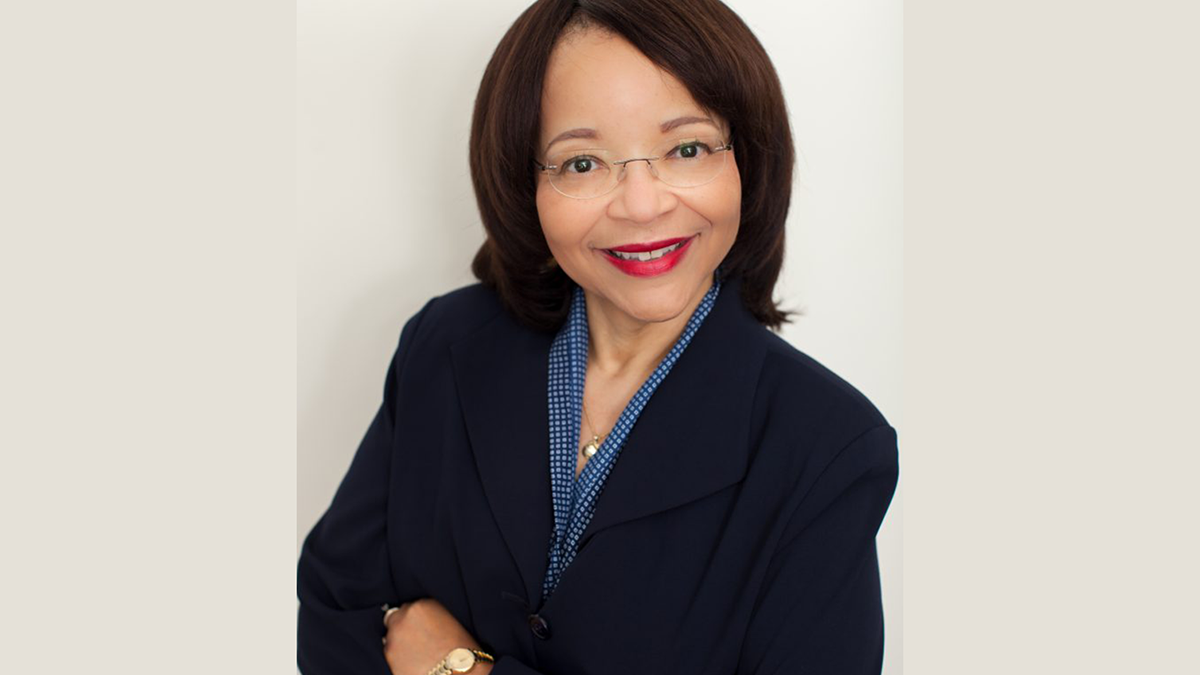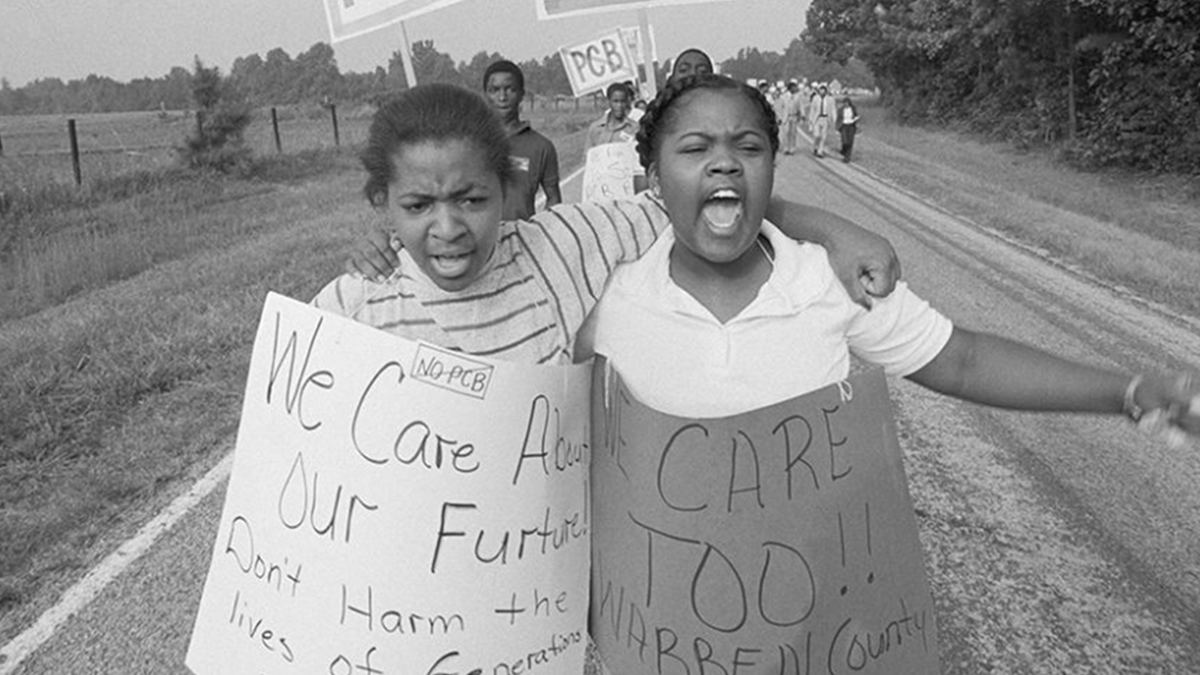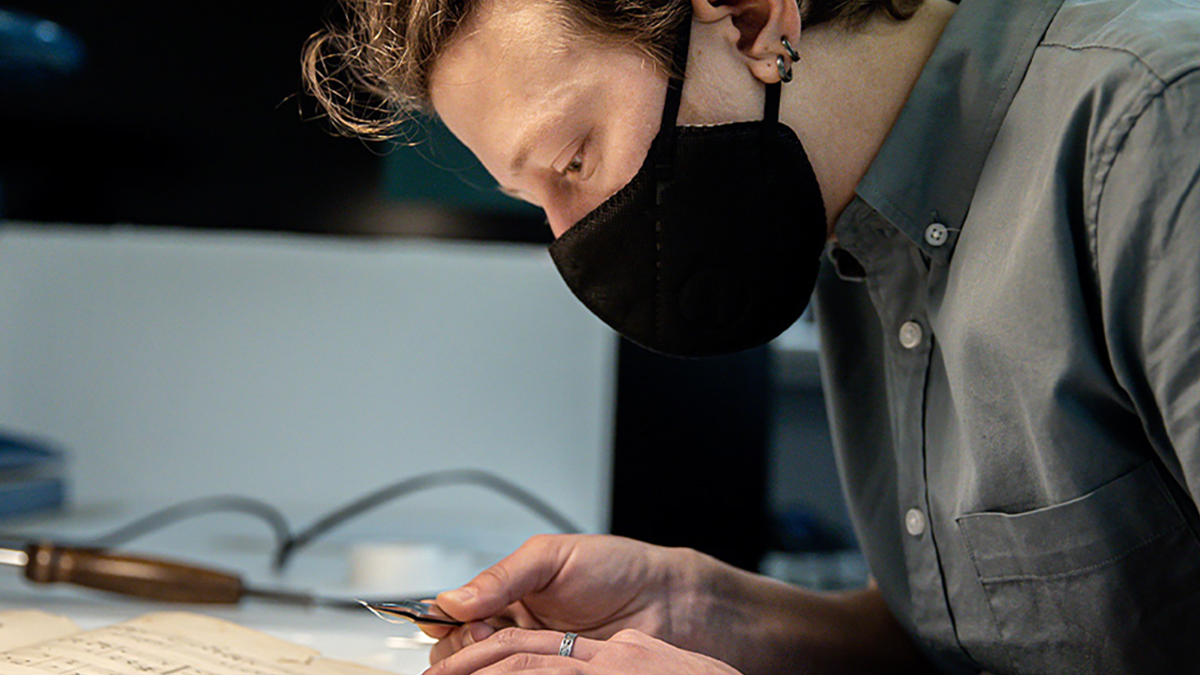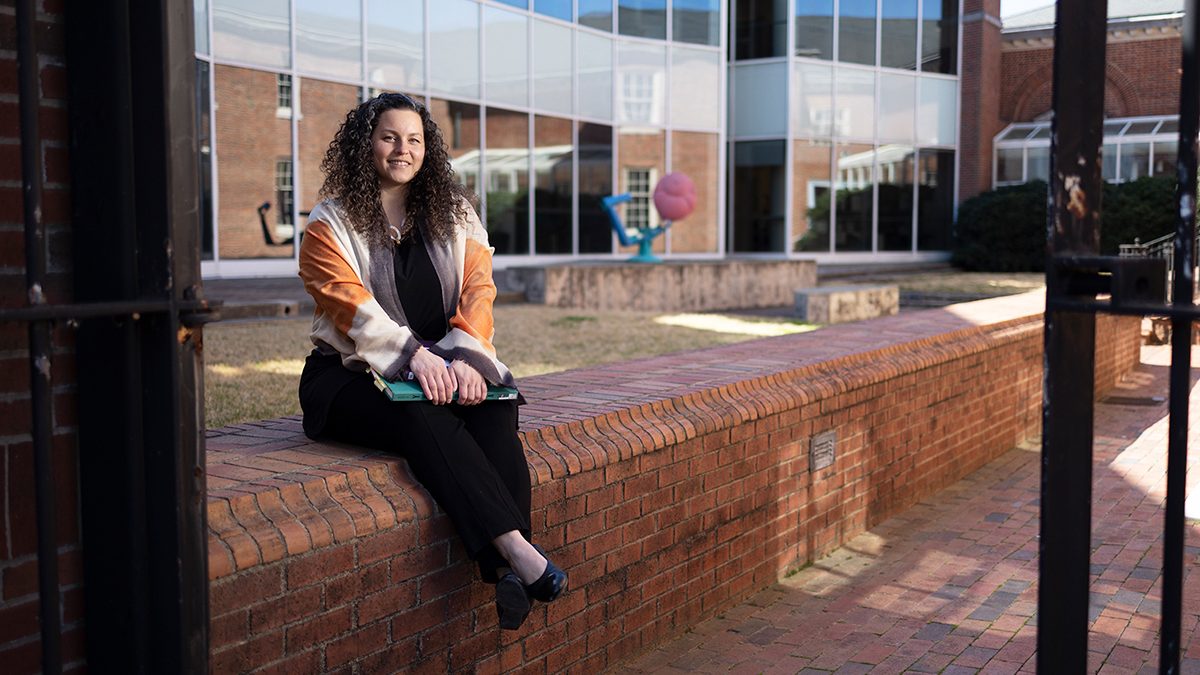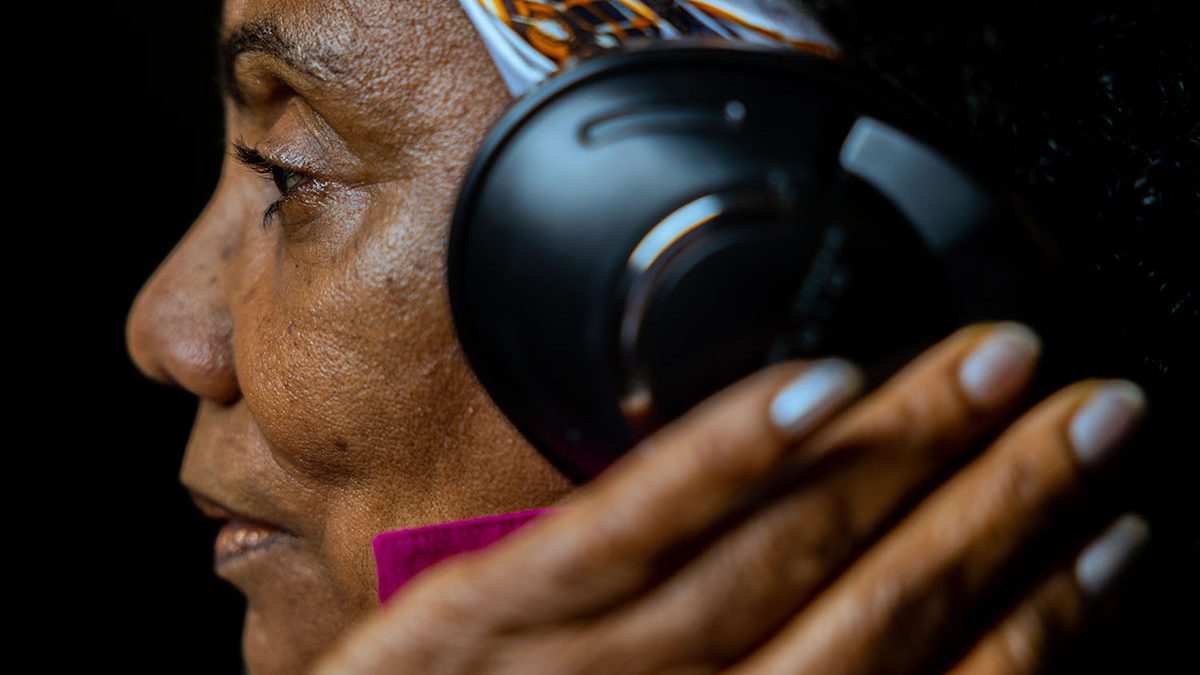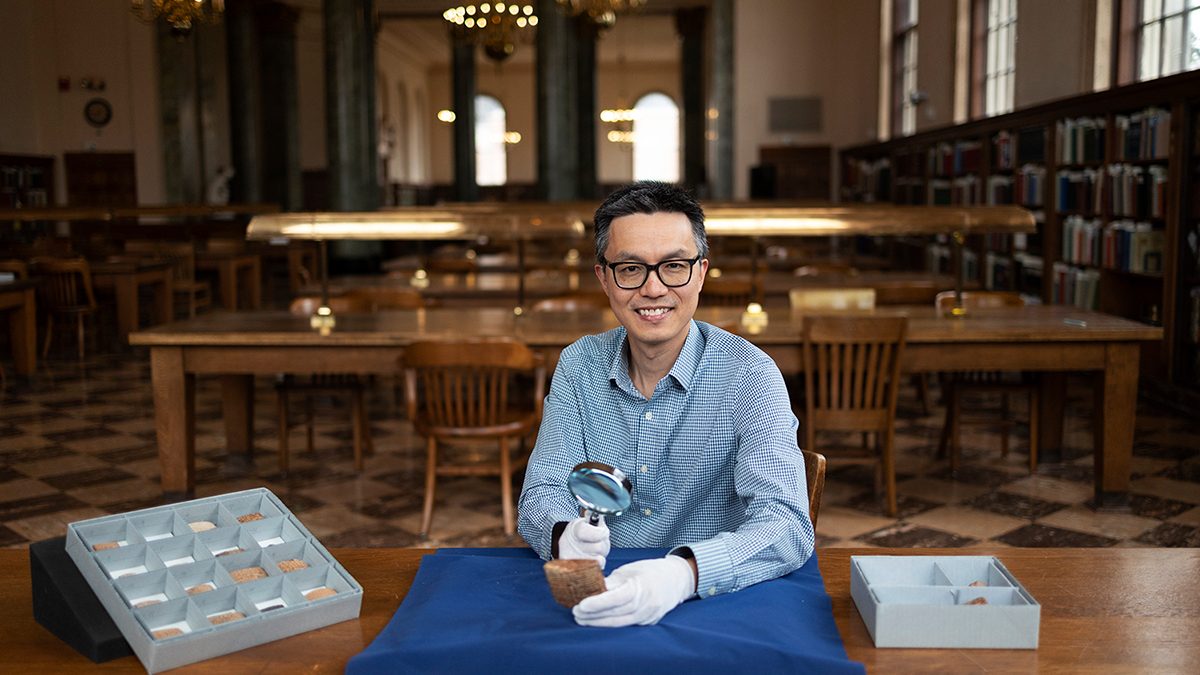Stories to Save Lives
“Our discussions…have never felt more important than they do right now.”
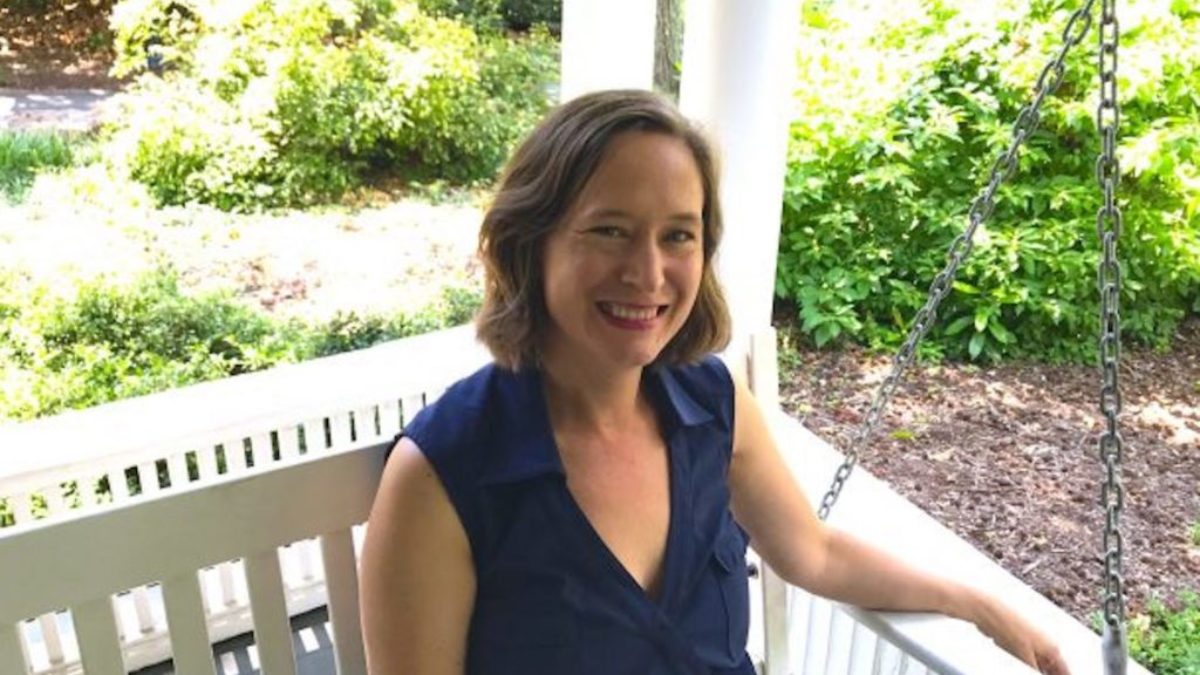
“Our discussions…have never felt more important than they do right now.”
Director of the Southern Oral History Program (SOHP), Rachel Seidman, said it quickly became clear to her that students were hungry for factual information about the virus itself and the context in which to understand the pandemic.
As part of a research initiative,Stories to Save LivesOpens in new window, in which field scholars are using oral histories to better understand people’s health needs, particularly in rural communities, Seidman works with a colleague to teach a class called “Preventing Broken Hearts in North Carolina: History and Healthcare in the South.”
“Our discussions across the borders of medicine, public health and history have never felt more important than they do right now,” Seidman wrote in a recent SOHP newsletter.
Through her class, Seidman is working to provide her students with historical examples of epidemics and plagues to show how scientists and humanists translate knowledge for public audiences.
“For our students, it gives them a sense that people have lived through these terrible times and moments before,” Seidman said. “It gives them a sense of how those who survived made sense of what happened.”
